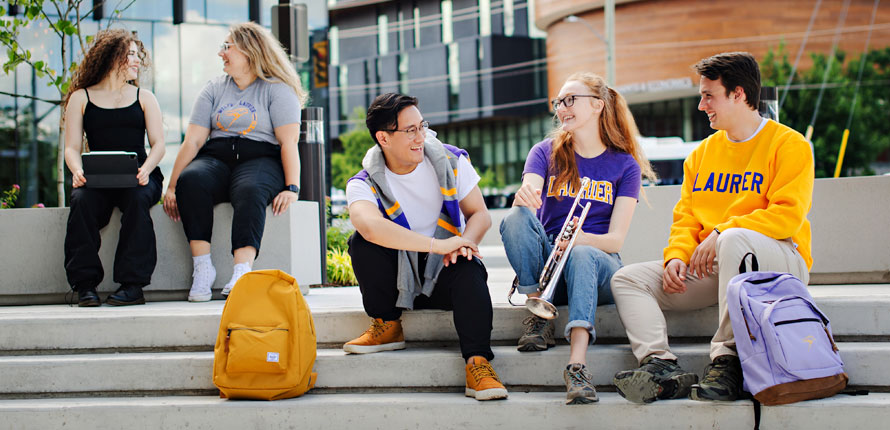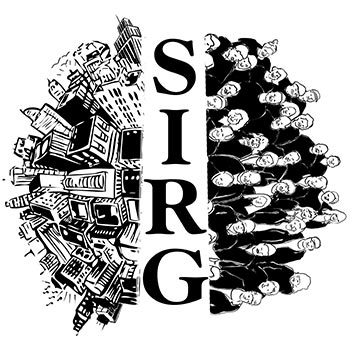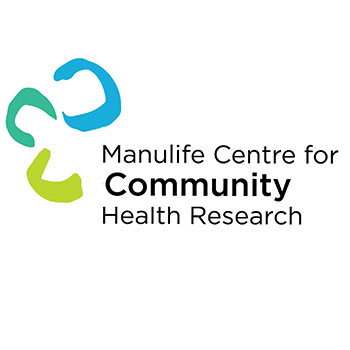
"I learned a lot about myself. I learned about how important it is to be present. I learned to trust my own voice and that it’s okay to express my voice, I learned about all kinds of assumptions that I carry and how that inevitably will impact how I interact with the world, and how the world interacts with me."
Racheal, outside student







